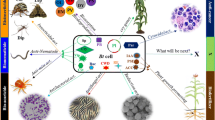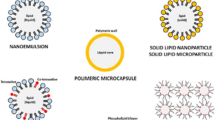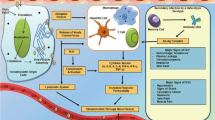Abstract
Two B. cereus strains, Ae10 and Cx5, isolated from mosquito larval guts, were transformed with a recombinant plasmid, pBS373, harboring binary toxin genes from Bacillus sphaericus 2297. Immunoblotting analysis clearly revealed the production and presence of the 51-kDa toxin protein in both strains. Two recombinant B. cereus strains Ae10 and Cx5 showed very high toxicity against C. quinquefasciatus larvae. Since both strains have a close relationship with the mosquito larvae in the native environment and are capable of recolonizing in the guts of mosquito larvae, these strains can be considered promising new hosts for an effective delivery of mosquito-larvicidal toxins.
Similar content being viewed by others
Author information
Authors and Affiliations
Rights and permissions
About this article
Cite this article
Luxananil, ., Tanapongpipat, ., Promdonkoy, . et al. Expression of Binary Toxin Genes in the Mosquito-Colonizable Bacteria, Bacillus cereus, Leads to High Toxicity Against Culex quinquefasciatus Larvae. Curr Microbiol 47, 372–375 (2003). https://doi.org/10.1007/s00284-002-4026-9
Issue Date:
DOI: https://doi.org/10.1007/s00284-002-4026-9




